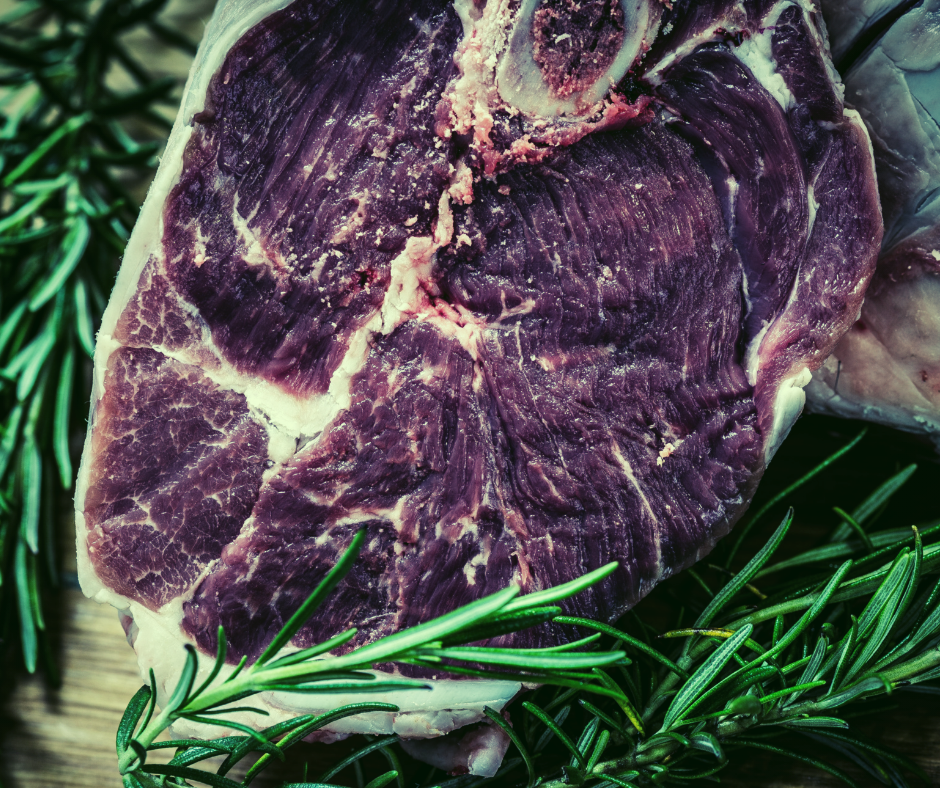Health authorities, as well as the media, have fed the public lots of misinformation about fats and promoted its alleged damaging effects to the human body. This has led to the encouragement of consuming a low-fat diet, avoidance of foods such as tallow, butter, coconut oil, etc.
New information has emerged, thanks to the steady and ongoing stream of research, which shows the idea that fats are bad for the human body is not valid.
People have always consumed meats and plants from the beginning of human history. For instance, the early cavemen were known to be hunters and gatherers, and their diets consisted mostly of wild plants and animals. It is on record that most of them lived a long and healthy life if they survived childhood, except those who were wiped out by plagues or war.
It is also a known fact that fatty meat was preferred over unfatty meat, for most of human history until recently. Everyone is familiar with the idea that if a person was in the wilderness trying to survive solely off of lean meat they would die. However, there are entire populations such as the Inuit who thrive on a diet consisting mainly of fatty meat. In fact, they have lower incidences of many diseases of civilization.
New research from Paleomedicina the creators of the paleolithic ketogenic diet, provides scientific proof that a diet very high in animal fats can be beneficial showing an improvement in many diseases even cancer. It is unscientific and displays an ignorance of history to suggest that fat and even unsaturated fat is inherently bad for you. Obviously, there is always an appropriate amount, one of the major discoveries recently made shows that we have been extremely underestimating what this amount is.
You Need Dietary Fat
Now, fats – or saturated fats to be precise – are healthy fats that are present in animal products like whole raw meats, tallow, cheese, fatty meats, and butter. It is crucial for you to be able to distinguish between saturated and unsaturated fats. The latter are usually hydrogenated seed and vegetable oils which are manipulated artificially – via modern technology – into saturated fats. These are known as “trans fat.”
Trans fat is a fatty acid that has been generated or produced when unsaturated fatty acids are hydrogenated. They are usually found in processed foods like fried foods, margarine, puddings, vegetable shortening, and even commercially baked goods. Vigilance, therefore, is required here as trans fat can readily serve as a hindrance to your insulin receptors, thereby increasing your risks of developing chronic diseases such as diabetes, cancer, heart diseases, etc. This is the type of fat that should be avoided.
Why Saturated Fats Has Been Demonized
According to Dr. Mercola: “The demonization of saturated fat began in 1953 when Dr. Ancel Keys published a paper comparing saturated fat intake and heart disease mortality. His theory turned out to be flimsy, to say the least, but the misguided ousting of saturated fat has continued unabated ever since. Fortunately, the truth is finally starting to come out, as medical scientists have begun to question Keys’ findings seriously.”
But the truth is slowly coming to light, revealing that trans fat – and not saturated fats – is the culprit.
Controversial Source of Healthy Dietary Fat
If you are looking for controversy when it comes to dietary fat, look no further than animal fats. But here are a couple of interesting points to note:
- Animal fats are loaded with beneficial levels of omega-3s. This is the type of fat used by the Paleomedicina clinic, and they have found some surprising benefits in getting rid of all other fats and sticking to animal based. Beef tallow has even been shown to help reduce tumor metastasis in mice. It is a rather simple concept–animal fat is simply the main fat humans evolved with, therefore it is the easiest for the body to assimilate.
- Many people who have digestive issues when eating high amounts of plant-based fat often find animal fats easier to handle. It is rather unnatural for instance, for people who’s ancestors never ate coconuts to be eating massive amounts of coconut oil. On the other hand, there have been many health benefits tied to the consumption of coconut and other plant oils so people need to examine the evidence do some trial and error and decide for themselves what is best. When consuming high amounts of animal fats such as tallow it is important for it to be organic.
One Caveat – Organic matters when it comes to fat!
The problem arises, of course, when you think about all of the toxins (pesticides, insecticides, fertilizers, etc. ) that accumulate in animal fat. So we need to distinguish, of course, the difference between fat derived from modern, industrialized animal production, and fat derived from animals of the Paleolithic period.
Recommended sources of dietary fats include the following:
- Grass-fed meats;
- Avocados;
- Organic pastured egg yolks;
- Raw cacao butter;
- Raw nuts like macadamia, pecans, etc.;
- Olives
It is recommended according to new research that healthy fats should be anywhere from 50 to 85 percent of your overall energy intake. This is a long way from the low-fat diets that were espoused in the 1980s and 1990s!
The basic recommendation out of all of this is that most people should be including more healthy fats into their diet. For those people who aren’t vegan, fatty cuts of meat are actually more preferable than lean meat, as long as you are reducing your other forms of caloric intake (namely, carbohydrates). Some people may find benefit in adding more animal fats such as beef tallow into their diet as well.
Check out these great additional resources:



